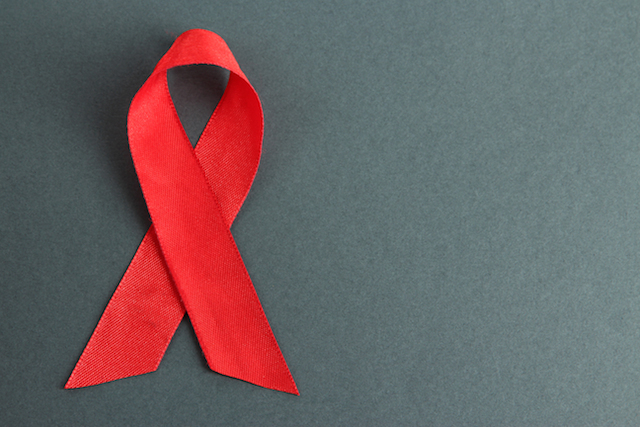
Red Ribbon HIV/AIDS photo via Shutterstock
By Diana Smith
June 27 is National HIV Testing Day, an initiative that encourages individuals across the country to get tested in an effort to prevent the spread of HIV.
According to the Centers for Disease Control and Prevention, there are approximately 50,000 new infections of HIV in the United States each year. Of those 50,000, Millennials make up a considerable portion. In 2010, the CDC reported that 31percent of all new HIV infections—the highest amount—was among individuals ages 25-34. Youths, ages 13-24, followed closely at 26 percent, making for approximately 1,000 new infections in this age group each month.
I was born in 1982, right around the start of the Millennial generation and during that time that HIV and AIDS were making national headlines. I am just old enough to remember, as a child, hearing about the AIDS outbreak in the early ‘80s, and just young enough to feel almost one generation removed from the epidemic. During my childhood, AIDS wasn’t the disease that was crippling my friends’ lives but, rather, the lives of my parents’ friends and acquaintances. Growing up, AIDS felt more like the basis for award-winning plays, television shows, and movies such as “Rent,” “Life Goes On” and “Philadelphia,” and I kept the all-too-real disease confined to those stories.
By the time I was old enough to learn about HIV and AIDS in school, the virus was no longer a national headline, and I allowed myself to believe it was something only past generations had to significantly deal with. But HIV isn’t a virus of the past. There are currently 1.1 million Americans living with HIV, and the rate of new infections per year has remained high since the mid-1990s. While medical treatments can now help patients live longer, ultimately, there is still no cure and no vaccine for HIV and AIDS, which is why prevention is important.
Part of preventing the spread of HIV is getting tested. One out of four Americans who are HIV positive are unaware that they have the virus, and as many as 60 percent of youth with HIV are also unaware that they have been infected. But by getting tested, individuals can take more control of their health and lower the risk of unknowingly passing HIV on to others. To find an HIV testing site near you, visit: http://aids.gov/news-and-events/awareness-days/hiv-testing-day
Or to find alternative low to no-cost testing facilities in your area, including select Walgreens stores offering free HIV testing, visit the following:
- http://hivtest.cdc.gov
- http://www.freehivtest.net
- http://greaterthan.org/articles/walgreens-testing-2014/#.U5W5M5RdVhE
And for more information on HIV and AIDS visit: http://aids.gov
 About the Writer
About the Writer
Diana Smith is a Brooklyn-based writer and photographer originally from the San Francisco Bay Area. In addition to her travels in Europe, she has also explored the US, adventuring from coast to coast and back again by way of the road. When Diana isn’t road-tripping she volunteers with a non-profit AIDS organization in New York City. Diana holds a BA in film and media studies from the University of California-Irvine and an MFA in creative writing from Emerson College. To view more excerpts from her travels visit RoadsAmerica.com or find her on Twitter @Roads_America.


